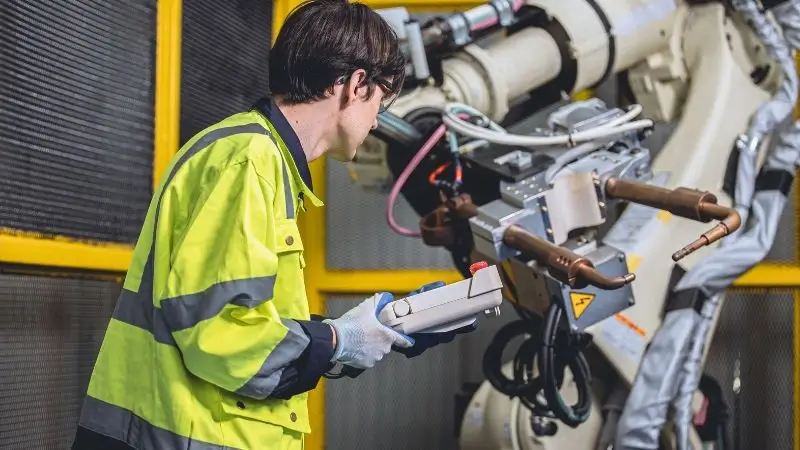Medical laboratory technology programs worldwide have become instrumental in keeping laboratories up-to-date with the latest advancements in a rapidly evolving healthcare landscape. This article explores the diverse range of medical technology programs available globally and how they contribute to upgrading medical laboratories with cutting-edge technology.
The Significance of Medical Technology Programs
Medical laboratories are constantly challenged to meet the growing demands of healthcare. Technological advancements have redefined the way diagnostics are conducted, emphasizing the need for continuous education and training. Medical technology programs bridge the gap, providing laboratory professionals with the knowledge and skills to incorporate the latest technology effectively.
Key Objectives of Medical Technology Programs:
- Upgradation of Skills: Programs focus on enhancing the skills of laboratory professionals to operate and maintain advanced equipment and systems.
- Current Knowledge: Keeping participants updated with the latest trends and techniques in medical technology.
- Accurate Diagnostics: Ensuring healthcare providers can rely on accurate and timely test results for better patient care.
Global Diversity in Medical Laboratory Technology Programs
Medical technology programs are available worldwide, tailored to the specific needs of different regions and healthcare systems. Let’s explore some of the critical features of these programs in various parts of the world:
United States
Medical technology programs are often structured as bachelor’s degree programs in the United States. Graduates can take a national certification exam, leading to careers as Medical Laboratory Technologists (MLTs) or Medical Laboratory Scientists (MLSs). These programs emphasize a broad understanding of clinical laboratory sciences, including hematology, microbiology, and molecular diagnostics.
United Kingdom
The UK offers undergraduate healthcare science programs specializing in clinical laboratory sciences. Graduates can work as Biomedical Scientists in the National Health Service (NHS). These programs ensure that medical laboratories in the UK have a highly skilled workforce.
India
India offers various diploma and bachelor’s degree programs in medical laboratory technology. Students are trained in diagnostic techniques and laboratory management. With the proliferation of private healthcare facilities, there is a growing demand for well-trained laboratory professionals.
Australia
Australia offers degree programs in Medical Laboratory Science that prepare students for careers as Medical Laboratory Scientists. These programs focus on a wide range of disciplines within the field of pathology, including chemistry, hematology, and immunology.
Developing Countries
Many developing countries have a growing recognition of the importance of medical laboratory technology programs. Government and non-governmental organizations are collaborating to provide training and education to laboratory professionals. These programs are essential for upgrading laboratories and improving healthcare services in underserved regions.
The Impact on Medical Laboratory Upgradation
Medical laboratory technology programs contribute significantly to upgrading laboratories with advanced technology.
The benefits include:
- Accurate and Timely Diagnoses: Well-trained professionals using the latest technology can provide accurate and fast test results, improving patient care.
- Efficiency and Productivity: Upgraded laboratories can handle a higher volume of tests with greater efficiency, reducing patient wait times and increasing the number of patients served.
- Quality Assurance: Programs instill best practices in laboratory management and quality control, ensuring that laboratories maintain high standards.
- Research and Development: Educated professionals can contribute to research and development efforts, leading to new diagnostic techniques and advancements in medical technology.
The Conclusion
Medical laboratory technology programs worldwide are crucial in maintaining high healthcare standards. They empower laboratory professionals with the skills and knowledge needed to upgrade laboratories with the latest technology, ultimately benefiting patients and the healthcare system. As healthcare continues to evolve, these programs will remain essential in ensuring that medical laboratories can provide accurate and efficient diagnostic services. The global diversity in these programs reflects the unique needs and challenges faced by healthcare systems in different parts of the world, highlighting the importance of tailored education and training.
